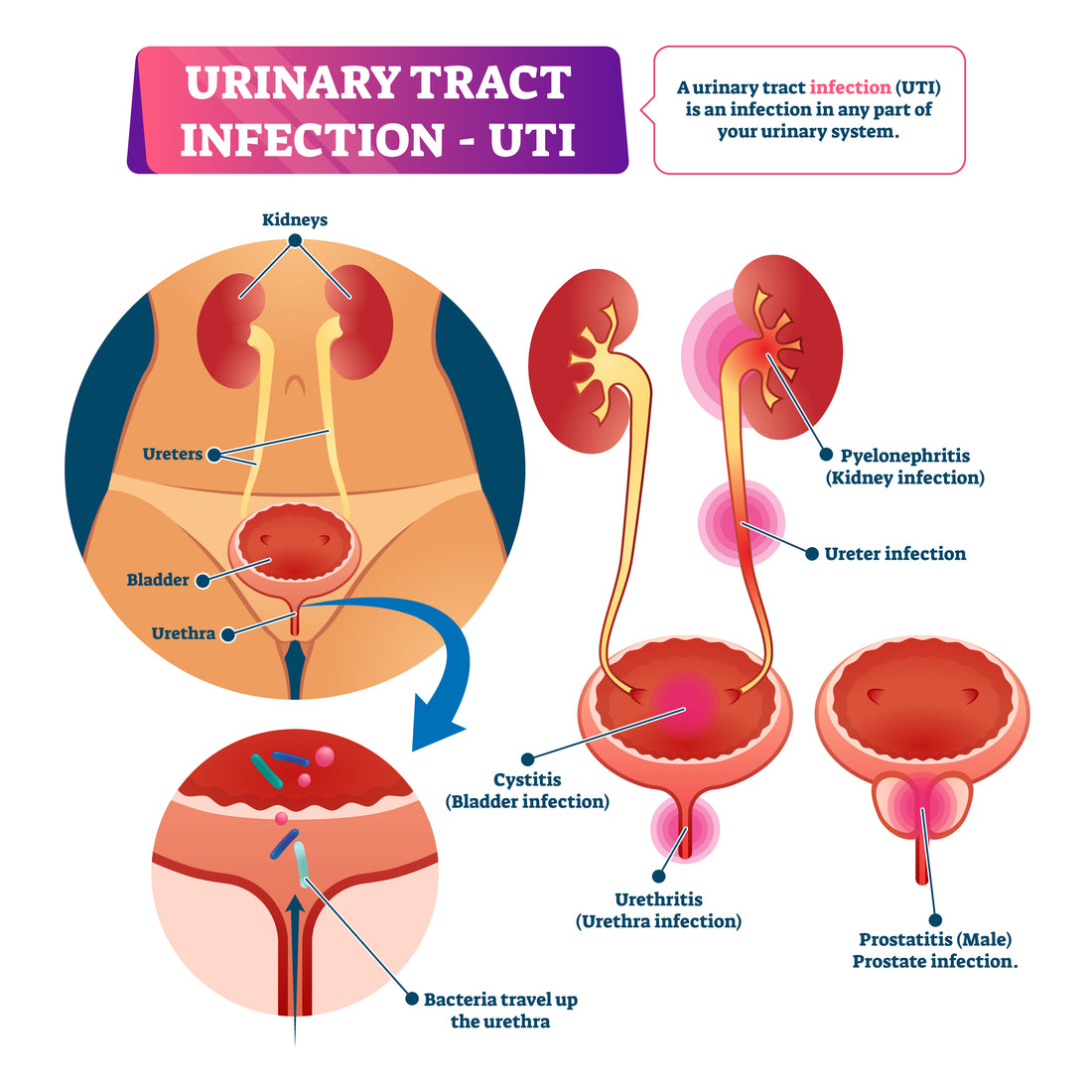Understanding UTI and Bacteriuria: A Guide on When to Seek Help
When it comes to our bodily functions, understanding the subtle signals that something may be amiss is crucial for maintaining optimal health. Two terms that often surface in discussions about urinary health are Urinary Tract Infections (UTIs) and Bacteriuria. Though both pertain to our urinary system, they embody different scenarios that require distinct approaches.
What is a UTI?
A UTI, or Urinary Tract Infection, transpires when harmful bacteria, often E. coli, enter the urinary tract, which includes the kidneys, bladder, ureters, and urethra. The bacteria can multiply and incite an infection, leading to symptoms like a persistent urge to urinate, a burning sensation during urination, cloudy urine, pelvic pain and even fever or confusion.
Unlocking Bacteriuria
Bacteriuria, on the other hand, refers to the presence of bacteria in the urine. What’s interesting is that Bacteriuria can exist without causing symptoms or an outright infection, known as asymptomatic bacteriuria. However, in some cases, it might lead to a UTI. It's essential to understand that not all cases of bacteriuria necessitate treatment and managing it often depends on the individual's circumstances and overall health.
Symptoms and Complications
The noticeable divergence between UTI and bacteriuria lies primarily in the manifestation of symptoms. While UTIs usually make themselves known through discomfort and other explicit symptoms, bacteriuria can silently linger in the background. Persistent, untreated UTIs can lead to more severe complications, including kidney infections, which can be genuinely perilous and necessitate prompt medical intervention.
When Should You Be Concerned?
If you’re experiencing pain, frequent urination, or any other disruptive symptoms related to UTIs, it’s time to consult healthcare professionals. Untreated UTIs can ascend to the kidneys, potentially causing lasting damage. Even in the absence of pain, if you notice persistent changes in your urine or urination habits, it warrants a discussion with your doctor.
In the context of bacteriuria, pregnant women, individuals undergoing certain surgical procedures, or those with distinct urinary tract abnormalities may require screening and potential treatment to avoid complications. For the majority, asymptomatic bacteriuria doesn’t demand treatment.
Final Words
Navigating through the realms of UTIs and bacteriuria, it’s paramount to observe your body and acknowledge when something feels off. In an era where information is at our fingertips, it’s tempting to self-diagnose, but nothing trumps professional medical advice when it comes to safeguarding our health. So, when in doubt, reach out to healthcare professionals to navigate through the intricate avenues of your well-being.


